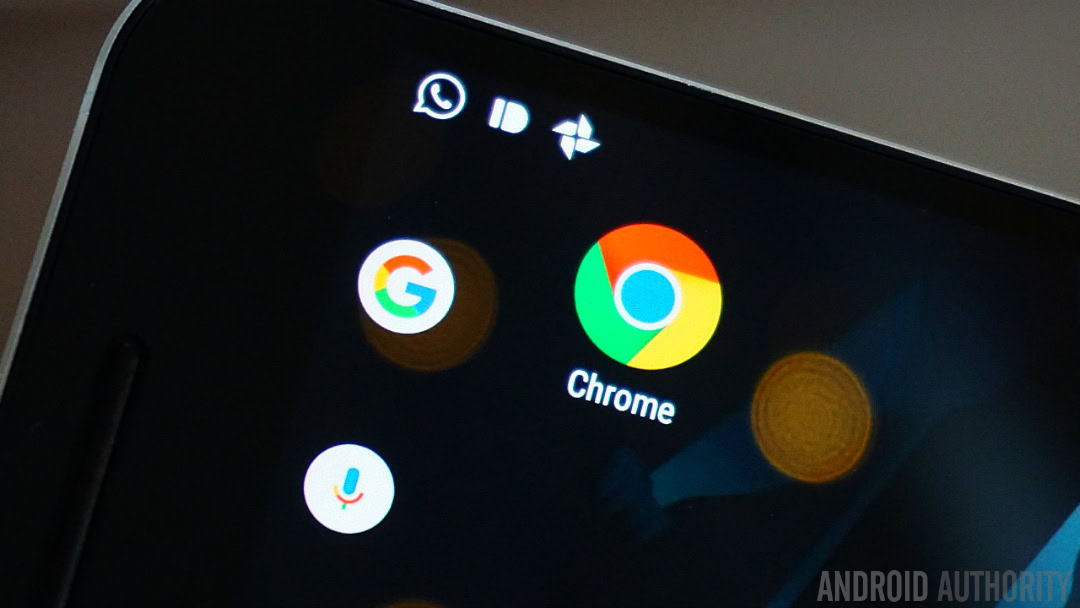Affiliate links on Android Authority may earn us a commission. Learn more.
Google might introduce its own ad-blocking feature in Chrome

People familiar with Google’s plans say that the move is to provide better experiences for users and to prevent the growth of third-party ad-blocking apps.

According to The Wall Street Journal, Google might be working on its own ad-blocking feature, which could come enabled by default within the mobile and desktop versions of its Chrome web browser. Its sources claim that this feature could be announced officially within weeks, but there is also the possibility that Google may not go ahead with the plan. I know, so this means nothing.
Essentially, the search giant wants to two things out of this: to provide better user experiences and to put an end to the growth of third-party ad-blocking add-ons.
Although Google’s decision to add an ad-blocking feature right inside Chrome may seem counter-intuitive since the company’s revenue is dependent on online advertisements, people familiar with the plans stated that it’s a defensive move. Essentially, the search giant wants to two things out of this: to provide better user experiences and to put an end to the growth of third-party ad-blocking add-ons. Third-party apps and add-ons that offer ad-blocking features have seen significant growth over the last few years, with some offering paid services to advertising companies which let their ads go through this “wall.”
It is said that Google’s approach would focus on unacceptable ad types that violate the recently-released list of ad standards. Published by the Coalition for Better Ads, the list deems pop-ups, auto-playing video ads with sound, and “prestitial” ads with countdown timers intrusive and “beneath a threshold of consumer acceptability.” The twist is, however, that Google may choose to block all ads on sites that contain any “unacceptable” ad, even just one, making it the site owners’ job to make sure the ads on their websites meet the standards.
As expected, Google declined to comment on the matter, but given Chrome’s market share in the US – which is nearing 50 percent – and given the fact that a significant portion of Google’s revenue comes from online advertising, it’ll be interesting to see how Google plans to implement its own ad-blocking feature into Chrome and the fate of third-party add-ons.
What are your thoughts on Google’s very own ad-blocking feature? Do you think it’ll happen? Will it make any difference? Let us know!